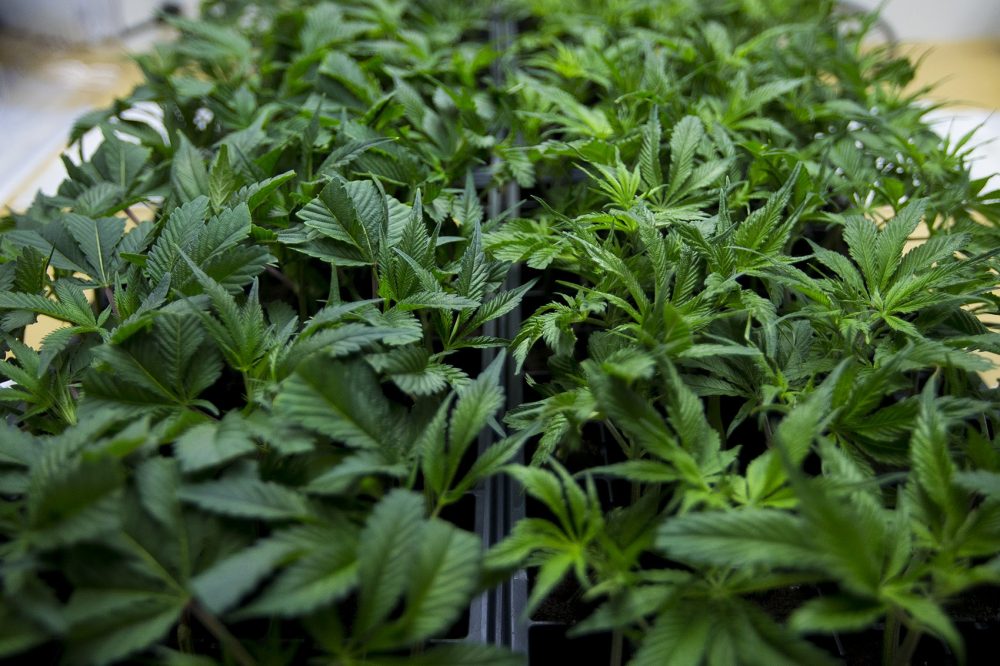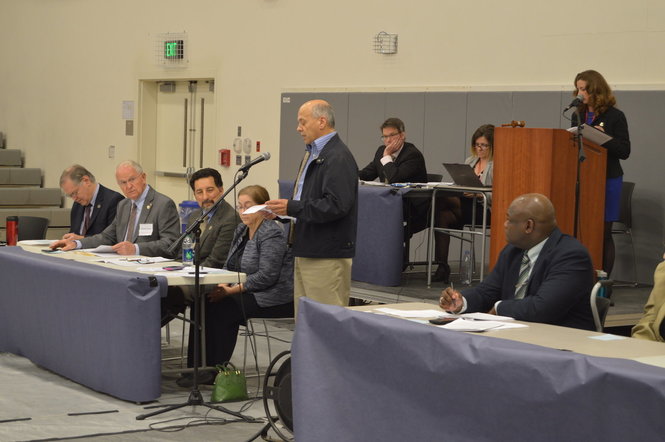On July 28, Gov. Charlie Baker signed legislation to change the tax rates, local opt-out process and regulatory structure for recreational marijuana commerce in Massachusetts.
The Legislature passed a final compromise bill, written by a six-member House-Senate conference committee, and sent it to the governor on July 20.
Attention now turns to the development of the regulatory structure for the newly legalized area of commerce, including appointments to the 25-member Cannabis Advisory Board and the five-member Cannabis Control Commission.
Regulatory structure
The expanded Cannabis Advisory Board, which was appointed in August, includes a seat for the MMA as well as for social justice and patient groups. The MMA has appointed Auburn Town Manager Julie Jacobson as the municipal designee.
The CAB will make recommendations on regulations to the Cannabis Control Commission.
The CCC, charged with direct oversight over the new industry, is required by the new law to be appointed by Sept. 1. The governor, attorney general and treasurer will each appoint one commissioner, and the other two will be chosen by a majority vote of the three state officials.
The CCC is charged with “promulgating regulations, guidelines and protocols necessary for the issuance of licenses” no later than March 15, 2018, and to begin accepting license applications by April 1, 2018.
Governance of both recreational and medical marijuana will be consolidated under the same regulatory authority.
Local control
The law signed by the governor establishes a two-tiered system for banning recreational marijuana businesses based on how a community voted on the ballot question in November.
Communities where voters rejected Question 4 have until Dec. 31, 2019, to ban recreational marijuana businesses through their standard ordinance or bylaw process. This provision will apply to the 91 communities where Question 4 did not pass – about one-quarter of the municipalities in the Commonwealth.
In communities where Question 4 passed, the municipal government must prepare an ordinance or bylaw, which – by a vote of the board of selectmen or by the city or town council with the approval of the mayor – must be placed on the ballot at a regular or special municipal election.
After Dec. 31, 2019, this ballot requirement will apply to every city and town.
The new law also provides language for the local ballot question, a provision that had been strongly advocated by the MMA. Communities may ban businesses that either sell, grow, manufacture or test recreational marijuana products – or any combination of the four categories.
The MMA’s analysis shows that about 30 cities and towns thus far have voted to ban recreational marijuana businesses, with the majority being cities and towns where voters rejected Question 4. These bans remain valid under the new law.
About 80 cities and towns have adopted a local moratorium in order to have time to take the pulse of residents on zoning and siting issues and come back later with recommendations. Moratoriums were also intended to give cities and towns adequate time to review the expected changes to the law and the regulations that will follow. No community has a moratorium that extends beyond Dec. 31, 2018.
The new law eliminates language from the ballot law that would have required municipalities to allow recreational marijuana establishments in any “area” where a medical marijuana dispensary is already located. Instead, the law protects the conversion of an existing registered marijuana dispensary to a recreational marijuana establishment engaged in the same type of activity.
Revenue
The law signed by the governor increases the marijuana excise to 10.75 percent and increases the local-option tax cap to 3 percent, for a new total rate of up to 20 percent.
The law also creates a more confining structure for communities entering into host community agreements, requiring that they be renegotiated every five years and limiting community impact fees paid to the municipality by the licensee to 3 percent of the establishment’s gross sales.
Additional provisions
The law includes a number of criminal justice reforms. Several possessory offenses that remained criminal under the original ballot measure are reclassified as civil. And individuals with prior convictions for possession can have those records sealed.
The law also raises the noncriminal threshold for personal possession outside the home from one ounce to two.
Finally, the law strengthens penalties for underage possession and use of marijuana, and places limits on advertising.
credit:mma.org













